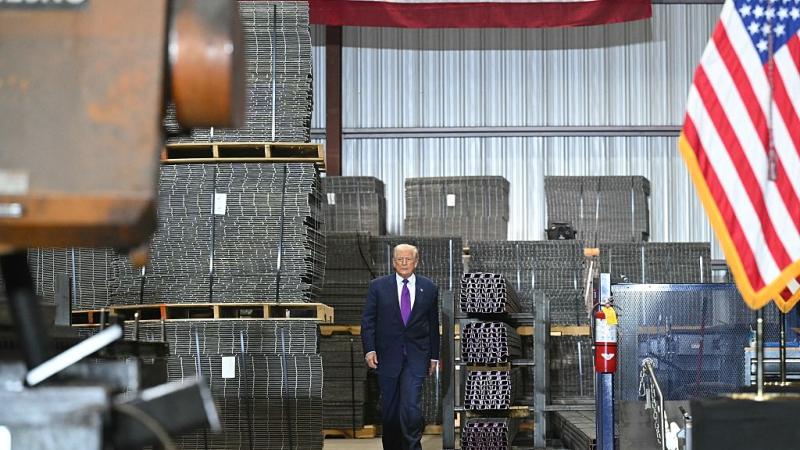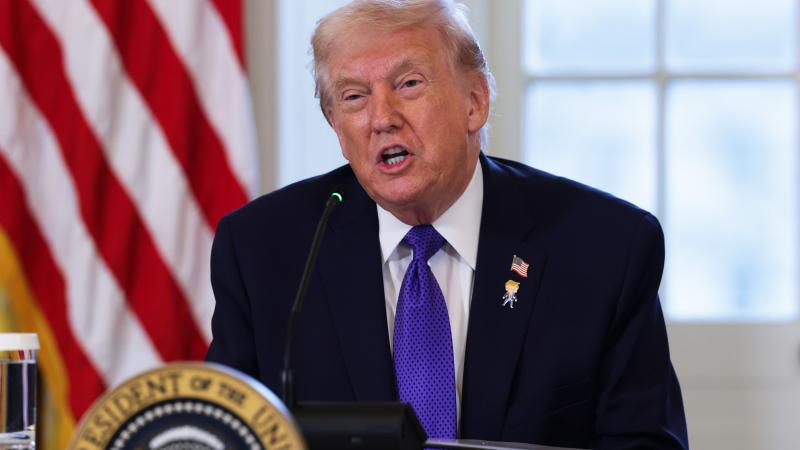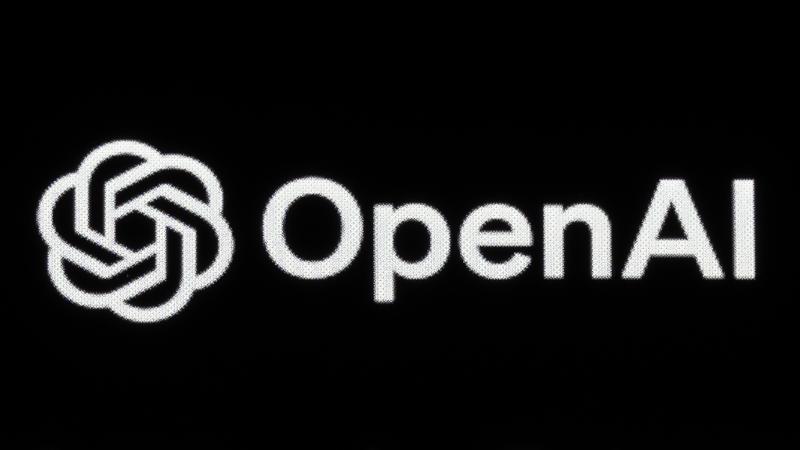Twitter docs released by Musk and journalist suggest Democrats could manipulate speech on platform
Taibbi posted a lengthy series of threads, which Musk retweeted, detailing the censorship.
Twitter owner Elon Musk, through alternative journalist Matt Taibbi, released a series of internal documents on Friday suggesting that the Biden campaign and Democratic National Committee were able to manipulate speech on the platform through tools that Twitter made available.
That manipulation included the censorship of the Hunter Biden laptop story first reported by the New York Post. The emails appear to cite requests from "the Biden team" and "DNC" and include confirmations that Twitter "handled" their requests to delete posts.
Taibbi said that the censorship machine impacted both "celebrities and unknowns alike" and that while both Republicans and Democrats had access to it, the censorship was skewed by a liberal bias among the Twitter workforce.
"It is a Frankensteinian tale of a human-built mechanism grown out the control of its designer," Taibbi wrote, as he slowly narrated the release of the documents with individual tweets.
Taibbi posted a lengthy series of threats, which Musk retweeted, detailing the operation, which included screenshots showing that Democratic operatives could submit requests to the platform to remove tweets and that these requests were honored.
One tweet showed a screenshot of Democratic operatives doing exactly that. "By 2020, requests from connected actors to delete tweets were routine," Taibbi wrote. "One executive would write to another: 'More to review from the Biden team.' The reply would come back: 'Handled.'"
A second post, showed screenshots with takedown requests from the Democratic National Committee.
The thread went on to address the Hunter Biden laptop story, with Taibbi saying he saw ""no evidence... of any government involvement in the laptop story." He further asserted that the company's decision to throttle the story was made at the highest levels, but was done without the knowledge of then-CEO Jack Dorsey.
He then posted a series of tweets showing email correspondence between Twitter employees, with some expressing concern that the decision was made in error. Among them was former Deputy General Counsel Jim Baker, who advocated that the company assume the story came from hacked materials, but also asserted that "we need more facts."
Democratic Pennsylvania Rep. Rho Khanna wrote in to the company asking to discuss the backlash to the censorship of the story. He received a quick reply detailing Twitter policy, to which Khanna responded by expressing concerns that suppressing the story was violating the First Amendment.














